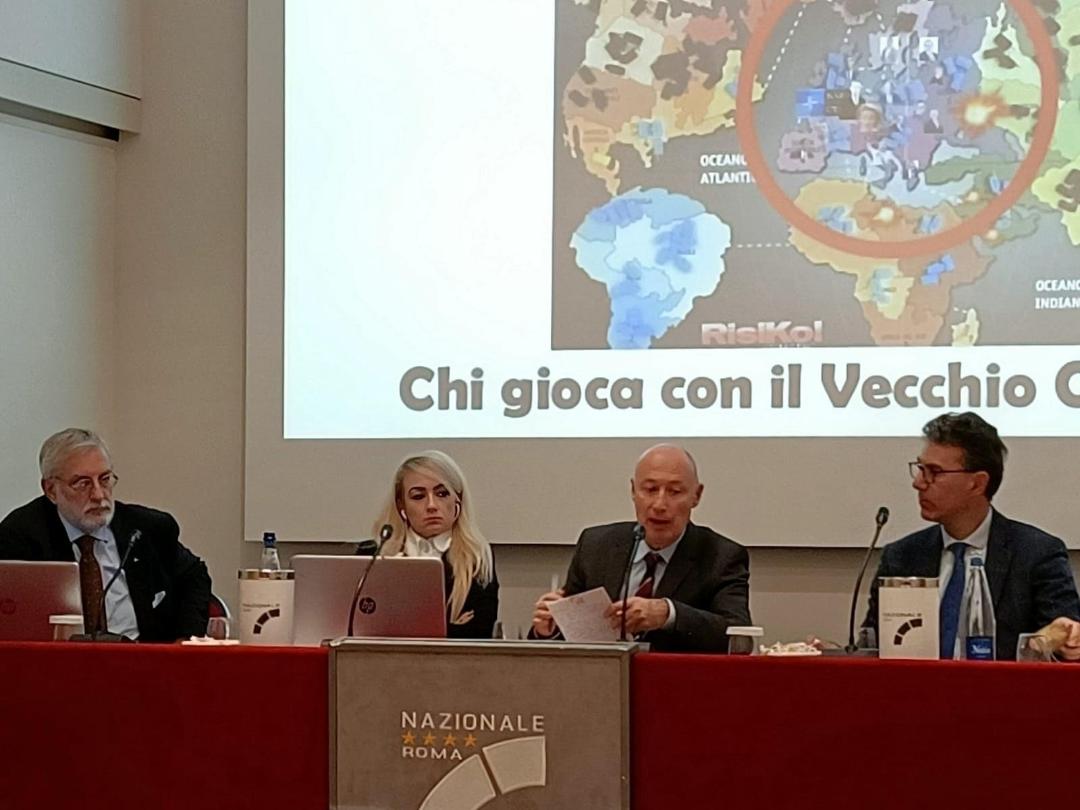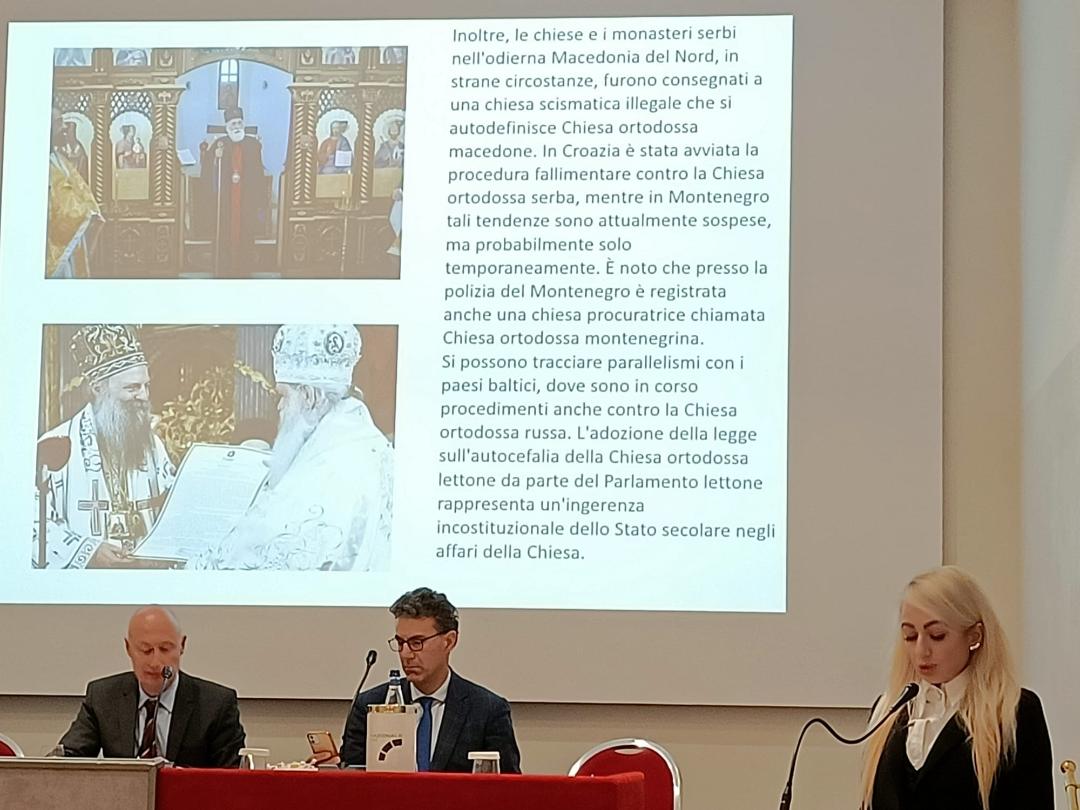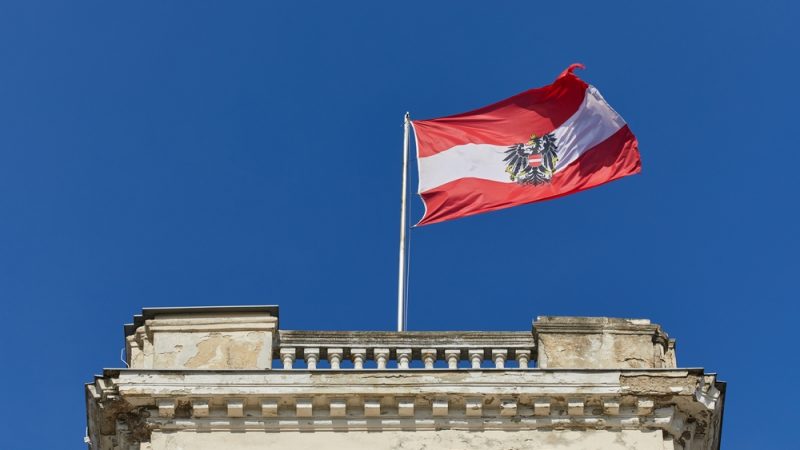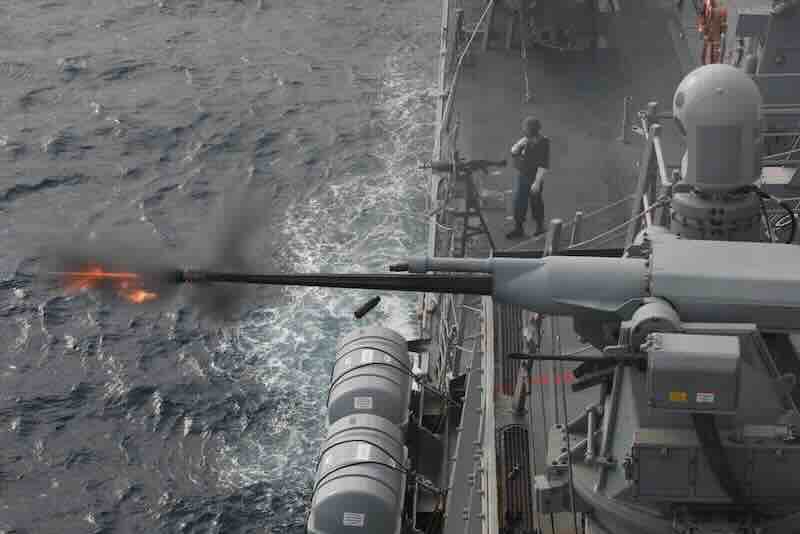The events of October 7 this year shook the whole world and, above all, broke the myth about the strength of the Israeli army and its intelligence services.
It was clearly a very well thought out action, but there are doubts about who created it. When we talk about the radical organization Hamas, it was basically supported by the Muslim Brotherhood, and a lot is said about their connections with Israel itself and other globalist structures that create conflicts in the whole world and realize their strategic plans that way. One of the outstanding American thinkers, Paul Craig Roberts, stated on the subject that he sees similarities in the attack by Hamas with September 11 and the collapse of the Twin Towers. He raises doubts in this sense that American national security suffered a defeat in all aspects, for which no one in America was held responsible. The same thing happened with Israel, but the question is whether it is really a total failure of the security system or it is about operations that have strategic goals.









